Are you happy?
A simple question really. If you are someone who says “yes”, good for you. Now, examine yourself. Why? What makes you happy? Are you truly happy or is it an illusion?
Now, if you answered “no”, same thing. Why? What makes you unhappy? Is it really a big deal? Why does an event or a thing, a part of the great plan of God, make you sad?
The mess of our times – with politics, with Covid – is the result of unhappiness, dissatisfaction. Dissatisfaction with the laws, with our nation’s leaders, with the virus, and with God.
Then the question becomes how do we fix this mess?
Let’s take a look at the Gospel.
The thing that sticks out and confuses many Catholics in this passage is this line: “If anyone comes to me without hating his father and mother, wife and children, brothers and sisters, and even his own life, he cannot be my disciple.”
At first glance, that doesn’t sound like fixing things.
Why would Jesus tell us to hate these things, these people? I mean, isn’t Jesus all about love?
Don’t worry. Jesus doesn’t mean literally hate. He is God. He is Love. What He means is that we should love God so much that all our other loves will look like hate compared to His.
Now, you may be thinking, “Isn’t that a bit selfish of God to want everyone to love Him above their wives, children, and family?”
No. Look at it this way.
Is it selfish of your spouse if they want you to love them more than a cookie? Even if the cookie is the most perfectly baked cookie on the face of planet earth?
No. Of course not.
Now, I’m not saying that your spouse is a cookie, to make that quite clear, but what I am saying is that it is that way for God. We are like cookies compared to His greatness.
Later he says “Whoever does not carry his own cross and come after me cannot be my disciple.”
Easy enough, right?
Sort of.
We hear it all the time. But do we actually do it? Do we meet the challenges, the crosses that are put in front of us? Do we embrace them with open arms like Jesus did?
We should.
If you were one of the people who answered “no” to the happy question at the beginning, found that your happiness was an illusion, or are just going about your day like a normal person, take up your cross. Whatever it may be. You see, the readings of today are all about doing something. Not feeling something, not thinking something, doing something. Now, what use is all of this, all these nuggets of wisdom, if we don’t actually do it? That is Jesus’ point. Do it. Take up that cross and rejoice. The action is what matters in the long run.
 Perpetua Phelps is a high school student residing in West Michigan and is the second of four children. Apart from homeschooling, Perpetua enjoys volunteering at her church, attending retreats, studying Latin and French, and reading classics such as Beowulf, The Lord of the Rings, C.S. Lewis’ Space Trilogy, and Mark Twain’s Joan of Arc. She also spends much time writing novels, essays, and poetry for fun and competition. A passionate Tolkien fan, Perpetua is a founding member of a Tolkien podcast.
Perpetua Phelps is a high school student residing in West Michigan and is the second of four children. Apart from homeschooling, Perpetua enjoys volunteering at her church, attending retreats, studying Latin and French, and reading classics such as Beowulf, The Lord of the Rings, C.S. Lewis’ Space Trilogy, and Mark Twain’s Joan of Arc. She also spends much time writing novels, essays, and poetry for fun and competition. A passionate Tolkien fan, Perpetua is a founding member of a Tolkien podcast.


 Sarah Rose hails from Long Island and graduated from Franciscan University in 2016 with a Bachelor’s in Theology & Catechetics. She is happily married to her college sweetheart John Paul. They welcomed their first child, Judah Zion, in 2019. She is passionate about her big V-vocation: motherhood, and her little v-vocation: bringing people to encounter Christ through the true, the good, and the beautiful. She loves fictional novels, true crime podcasts/documentaries, the saints (especially Blessed Chiara Luce Badano), & sharing conversation over a good cup of coffee. She is currently the Coordinator of Young Adult Ministry at St. Cecilia Church in Oakley, Cincinnati. You can find out more about her ministry here:
Sarah Rose hails from Long Island and graduated from Franciscan University in 2016 with a Bachelor’s in Theology & Catechetics. She is happily married to her college sweetheart John Paul. They welcomed their first child, Judah Zion, in 2019. She is passionate about her big V-vocation: motherhood, and her little v-vocation: bringing people to encounter Christ through the true, the good, and the beautiful. She loves fictional novels, true crime podcasts/documentaries, the saints (especially Blessed Chiara Luce Badano), & sharing conversation over a good cup of coffee. She is currently the Coordinator of Young Adult Ministry at St. Cecilia Church in Oakley, Cincinnati. You can find out more about her ministry here: 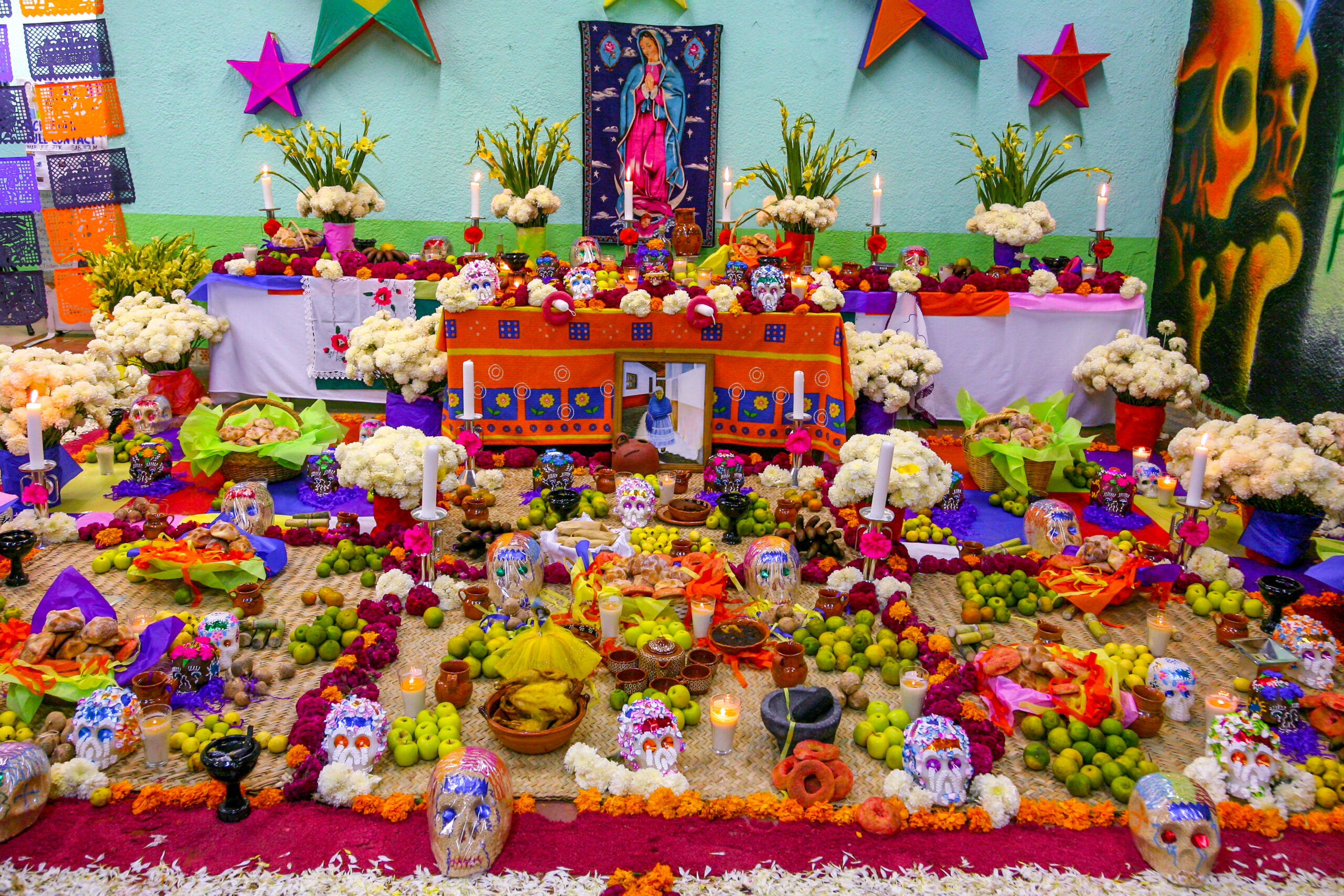
 Tami Urcia grew up in Western Michigan, a middle child in a large Catholic family. She spent early young adulthood as a missionary in Mexico, studying theology and philosophy, then worked and traveled extensively before finishing her Bachelor’s Degree in Western Kentucky. She loves tackling home improvement projects, finding fun ways to keep her four boys occupied, quiet conversation with the hubby and finding unique ways to love. She works at Diocesan, is a guest blogger on
Tami Urcia grew up in Western Michigan, a middle child in a large Catholic family. She spent early young adulthood as a missionary in Mexico, studying theology and philosophy, then worked and traveled extensively before finishing her Bachelor’s Degree in Western Kentucky. She loves tackling home improvement projects, finding fun ways to keep her four boys occupied, quiet conversation with the hubby and finding unique ways to love. She works at Diocesan, is a guest blogger on 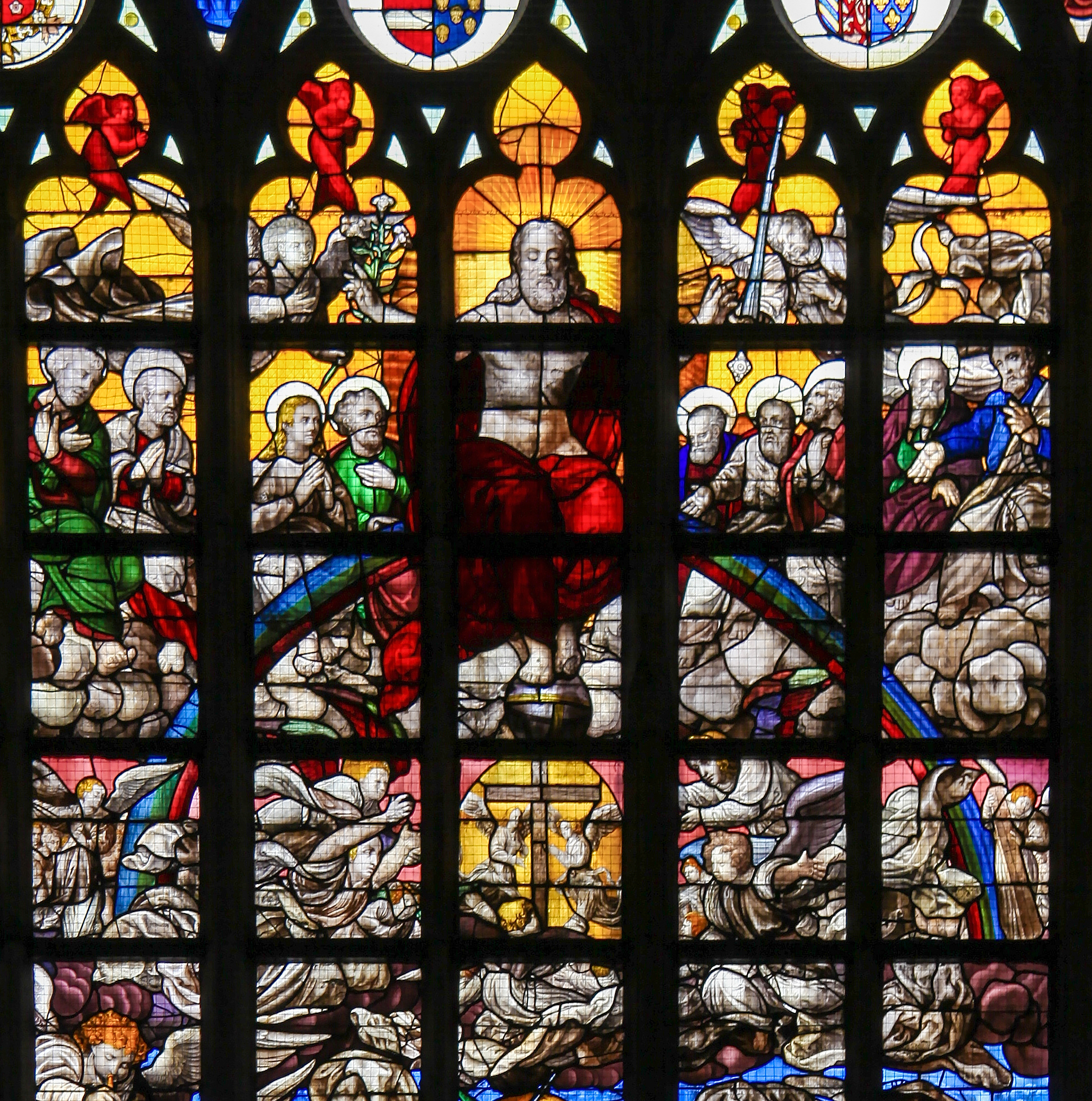
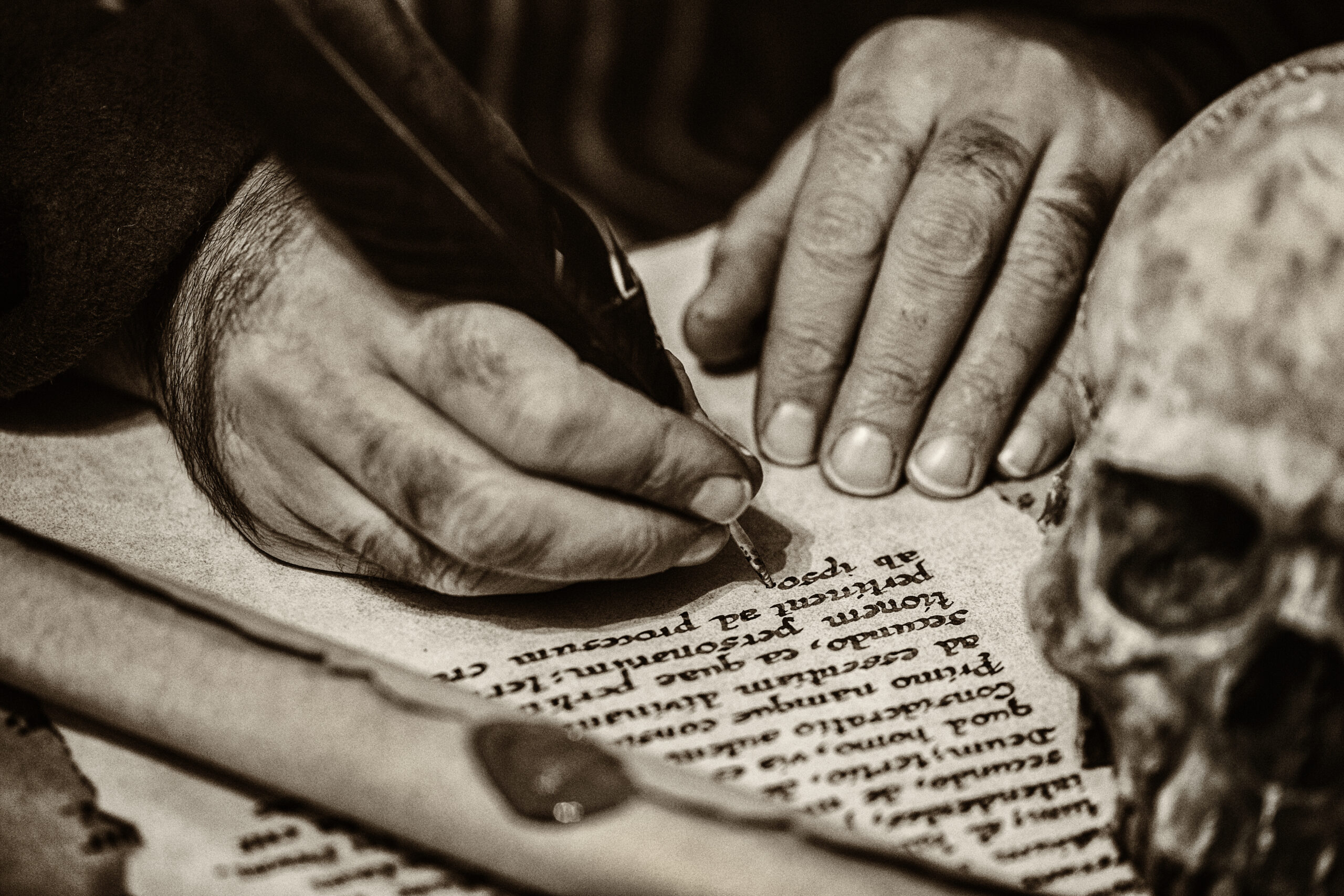
 Tommy Shultz is the Founder/Director of Rodzinka Ministry and the Director of Faith Formation for the North Allegan Catholic Collaborative. In these roles, he is committed to bringing all those he meets into a deeper relationship with Christ. Tommy has a heart and flair for inspiring people to live their faith every day. He has worked in various youth ministry, adult ministry, and diocesan roles. He has been a featured speaker at retreats and events across the country. With a degree in Theology from Franciscan University, Tommy hopes to use his knowledge to help all people understand the beauty of The Faith. Contact Tommy at
Tommy Shultz is the Founder/Director of Rodzinka Ministry and the Director of Faith Formation for the North Allegan Catholic Collaborative. In these roles, he is committed to bringing all those he meets into a deeper relationship with Christ. Tommy has a heart and flair for inspiring people to live their faith every day. He has worked in various youth ministry, adult ministry, and diocesan roles. He has been a featured speaker at retreats and events across the country. With a degree in Theology from Franciscan University, Tommy hopes to use his knowledge to help all people understand the beauty of The Faith. Contact Tommy at 
 Beth Price is part of the customer care team at Diocesan. She brings a unique depth of experience to the group due to her time spent in education, parish ministries, sales and the service industry over the last 25 yrs. She is a practicing spiritual director as well as a
Beth Price is part of the customer care team at Diocesan. She brings a unique depth of experience to the group due to her time spent in education, parish ministries, sales and the service industry over the last 25 yrs. She is a practicing spiritual director as well as a 
 Kathryn James Hermes, FSP, is the author of the newly released title
Kathryn James Hermes, FSP, is the author of the newly released title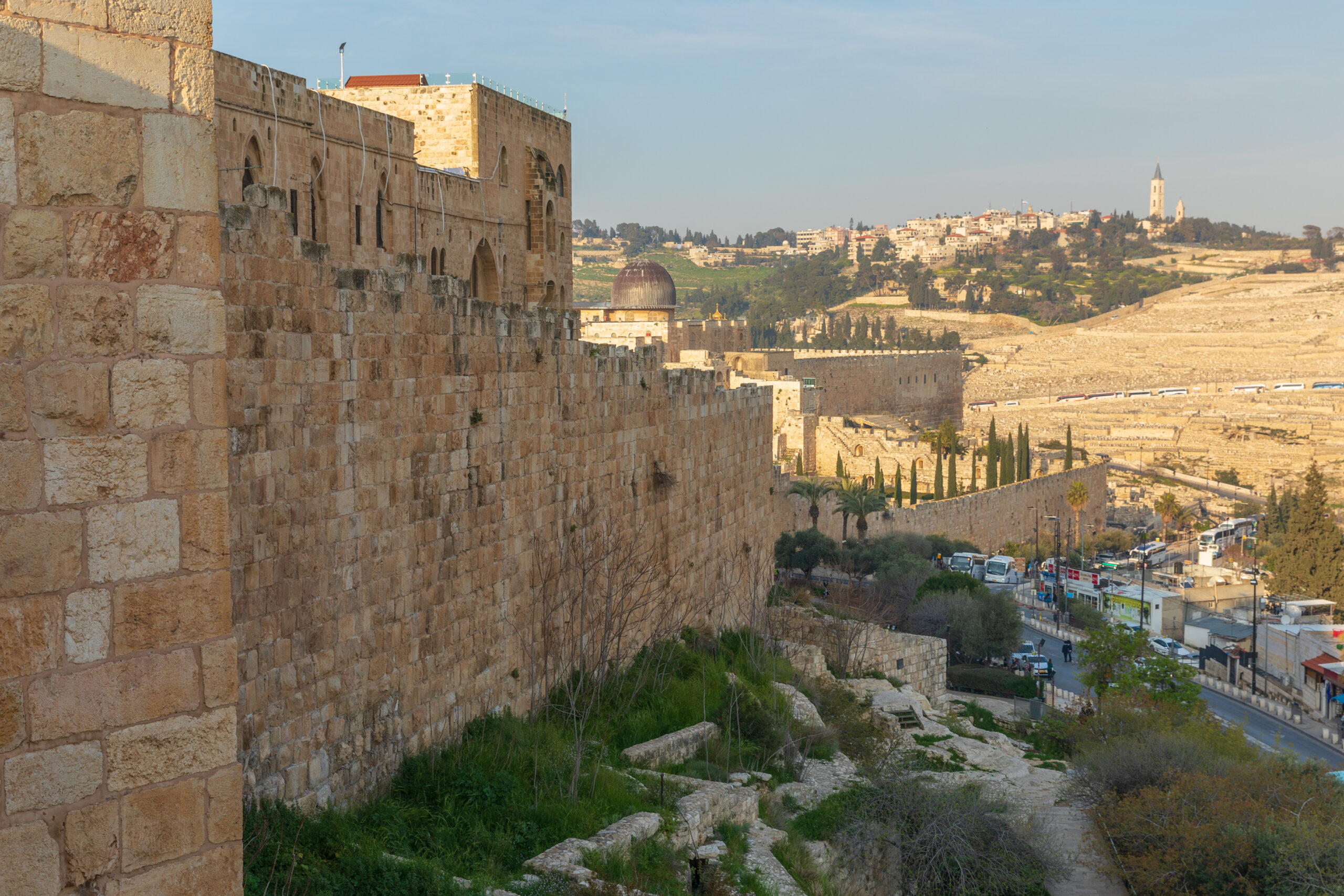
 Nikol M. Jones is in her final year at Franciscan University’s Master’s in Theology and Christian Ministry program where it has been her joy to learn how to integrate the tools of modern biblical scholarship with the principles of biblical interpretation set forth by the Catholic Church in the service of the Word of God. She also has a passion for creating artwork and children’s books that honor the life and teachings of Christ. When she’s not studying or painting, she utilizes her writing and organizational skills as an administrative assistant. You can connect with her on LinkedIn at
Nikol M. Jones is in her final year at Franciscan University’s Master’s in Theology and Christian Ministry program where it has been her joy to learn how to integrate the tools of modern biblical scholarship with the principles of biblical interpretation set forth by the Catholic Church in the service of the Word of God. She also has a passion for creating artwork and children’s books that honor the life and teachings of Christ. When she’s not studying or painting, she utilizes her writing and organizational skills as an administrative assistant. You can connect with her on LinkedIn at 
 Erin Madden is a Cleveland native and graduate of the Franciscan University of Steubenville. Following graduation, she began volunteering in youth ministry at her home parish of Holy Family Church. Her first “big girl” job was in collegiate sports information where, after a busy two years in the profession on top of serving the youth, she took a leap of faith and followed the Lord’s call to full-time youth ministry at St. Peter Church. She still hopes to use her communication arts degree as a freelance writer and statistician, though. You can catch her on the Clarence & Peter Podcast on YouTube as well as follow her on Twitter @erinmadden2016.
Erin Madden is a Cleveland native and graduate of the Franciscan University of Steubenville. Following graduation, she began volunteering in youth ministry at her home parish of Holy Family Church. Her first “big girl” job was in collegiate sports information where, after a busy two years in the profession on top of serving the youth, she took a leap of faith and followed the Lord’s call to full-time youth ministry at St. Peter Church. She still hopes to use her communication arts degree as a freelance writer and statistician, though. You can catch her on the Clarence & Peter Podcast on YouTube as well as follow her on Twitter @erinmadden2016.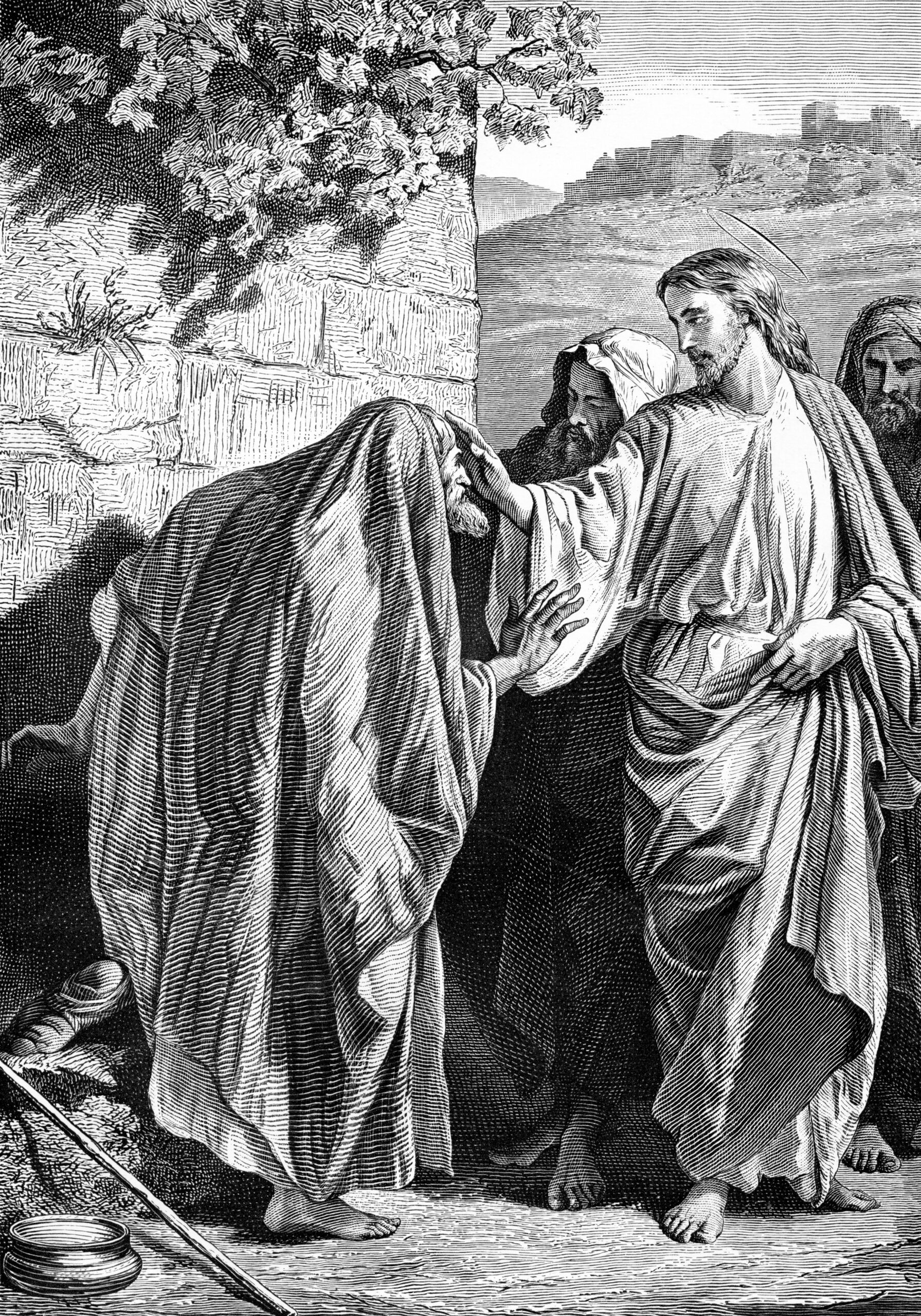
 Dakota currently lives in Denver, CO and teaches English Language Development and Spanish to high schoolers. She is married to the love of her life, Ralph. In her spare time, she reads, goes to breweries, and watches baseball. Dakota’s favorite saints are St. John Paul II (how could it not be?) and St. José Luis Sánchez del Río. She is passionate about her faith and considers herself blessed at any opportunity to share that faith with others. Check out more of her writing at
Dakota currently lives in Denver, CO and teaches English Language Development and Spanish to high schoolers. She is married to the love of her life, Ralph. In her spare time, she reads, goes to breweries, and watches baseball. Dakota’s favorite saints are St. John Paul II (how could it not be?) and St. José Luis Sánchez del Río. She is passionate about her faith and considers herself blessed at any opportunity to share that faith with others. Check out more of her writing at 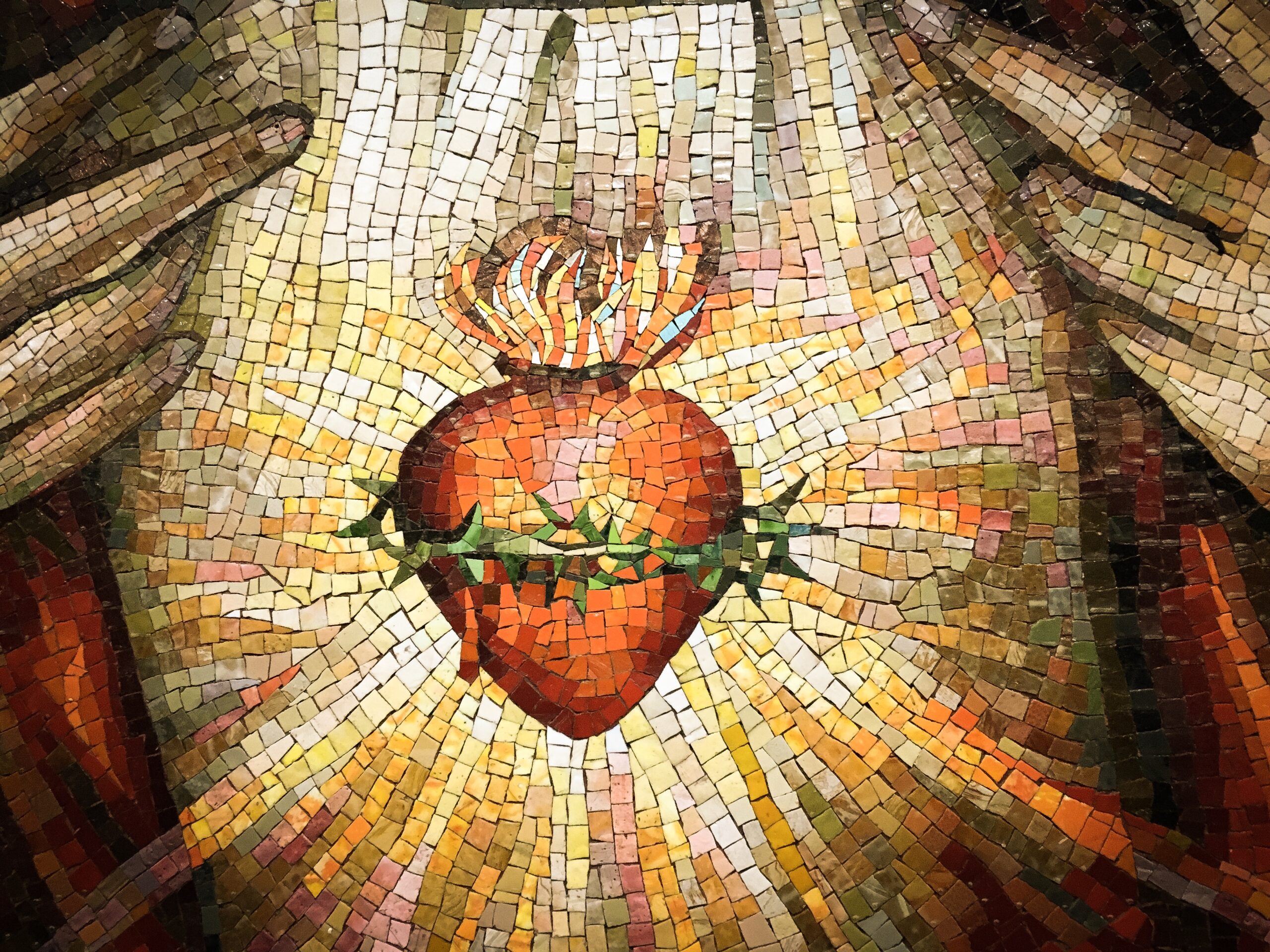
 David Dashiell is the Associate Director of Liturgy for a group of parishes in Pittsburgh, Pennsylvania. When he is not spending time with his wife and infant daughter, he is writing on philosophy and theology for various online publications. You can find some of these in Crisis Magazine and the Imaginative Conservative, and you can contact him at
David Dashiell is the Associate Director of Liturgy for a group of parishes in Pittsburgh, Pennsylvania. When he is not spending time with his wife and infant daughter, he is writing on philosophy and theology for various online publications. You can find some of these in Crisis Magazine and the Imaginative Conservative, and you can contact him at 
 Shannon Whitmore currently lives in northwestern Virginia with her husband, Andrew, and their two children, John and Felicity. When she is not caring for her children, Shannon enjoys writing for her blog, Love in the Little Things, reading fiction, and freelance writing. She has experience serving in the areas of youth ministry, religious education, sacramental preparation, and marriage enrichment.
Shannon Whitmore currently lives in northwestern Virginia with her husband, Andrew, and their two children, John and Felicity. When she is not caring for her children, Shannon enjoys writing for her blog, Love in the Little Things, reading fiction, and freelance writing. She has experience serving in the areas of youth ministry, religious education, sacramental preparation, and marriage enrichment.